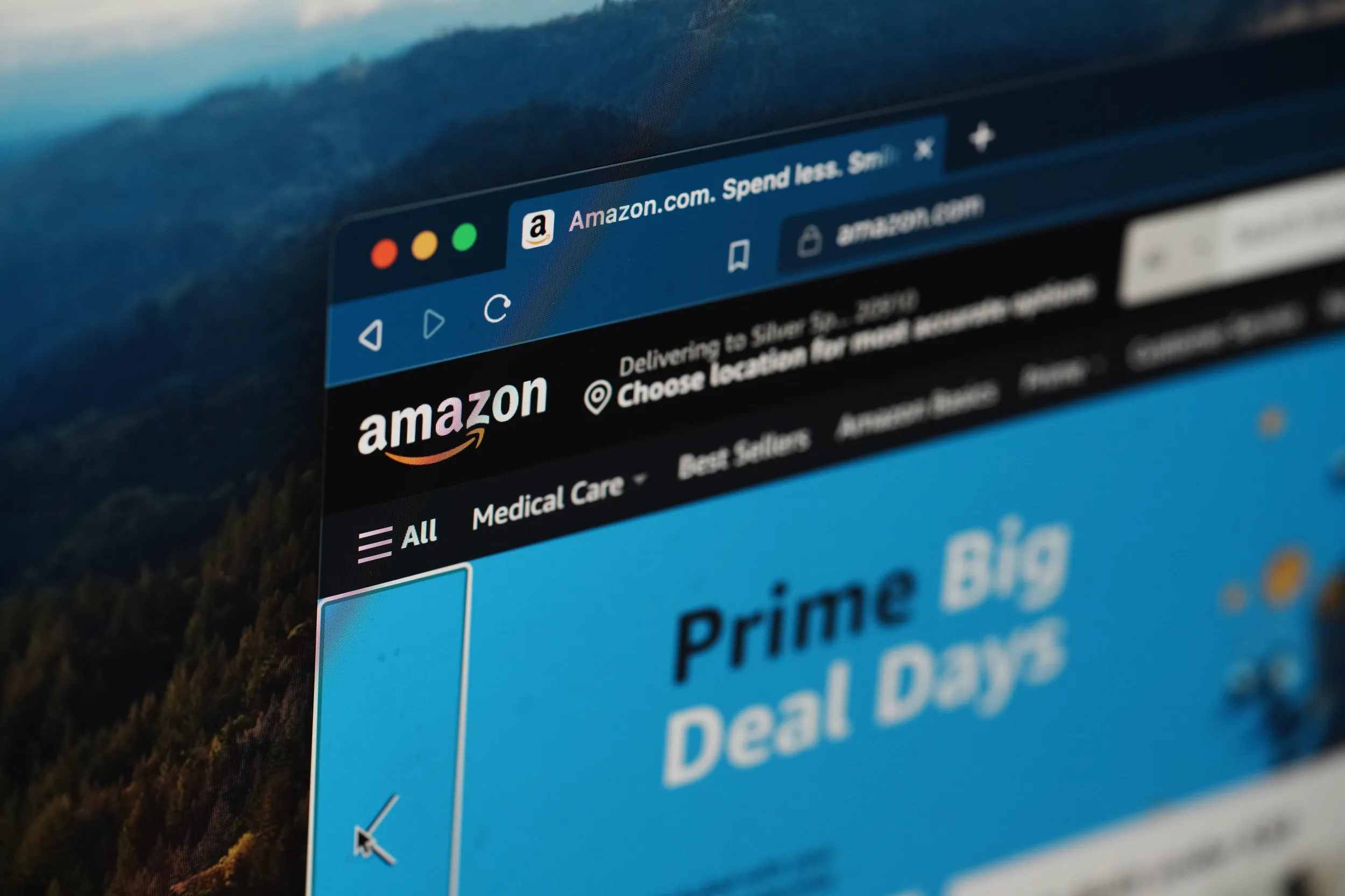Internet Freedom Day’s Unfinished Business
January 18 will be a day long remembered among Capitol Hill IT types, who one year ago saw the phone and e-mail systems of representatives and senators crumple under the load of citizens denouncing the Stop Online Piracy Act–an act of collective dissent urged on by an unprecedented blackout of such popular sites as Reddit and Wikipedia.
It should also live on in the memory of people who picked up a phone, a keyboard or a pen to try to stop SOPA. To that end, earlier this month, lawyer and Internet wonk Marvin Ammori’s suggestion that we commemorate January 18 as “Internet Freedom Day.”
The Internet has yet to acquire a day for itself; why not pick one that marks the first time its users rose up en masse to smack down Congressional cluelessness?
So people are celebrating as you might expect. Online, we have things like infographics celebrating the SOPA defeat and “I love you, Internet” testimony under the #InternetFreedomDay hashtag. Offline, there are gatherings such as the “Celebrating Internet Freedom” event earlier this week in Washington, at which four of the smarter tech-policy types in the House testified about applying the lessons of the SOPA battle.
This round of self-congratulation isn’t overblown. It was a legitimate breakthrough to push SOPA back into the sea instead of getting run over and then hoping the courts would step in to restore sanity (as they did to quash the Communications Decency Act).
But if we’ve finally learned how to stop awful tech policy from happening, we are still puzzling through how we can undo past mistakes.
In the year since SOPA, for example, we couldn’t get Congress to follow through on an overdue and badly-needed fix to privacy laws that allow prosecutors to snoop through e-mail that’s been stored online for more than 180 days. Warrantless wiretapping of communications in the U.S. that involve overseas participants continues to face few serious restraints outside of the good will of law enforcement.
ACTA–the Anti-Counterfeiting Trade Agreement pushed by the Bush and then Obama administrations, then signed by the U.S. in October 2011–did finally grind to a halt in Europe late last year. But the U.S. has yet to show signs of a changed attitude about this controversial, multilateral text, which would at a minimum cement many current flaws with copyright and patent law.
On intellectual-property issues, from software patents to Web-radio royalties, the law favors incumbents as much as ever. In cases like violating a site’s terms of service, criminal penalties can come into play–with tragic results when a prosecutor tries to make an example out of an activist’s overreach.
We were able to stop an unwanted and unnecessary proposal to transfer governance of the Internet’s basic routing mechanisms to the U.N.’s International Telecommunications Union–a clear case of the U.S. government remembering SOPA opponents’ message–but in other aspects the legacy of this fight is unfinished.
This is not to get anybody down, but to be ready to resume the work after Monday’s inauguration. It can be difficult to step on the brakes; it’s harder to shove the gears of government into reverse after decades of poor policy choices, and it certainly won’t be done in one day.








